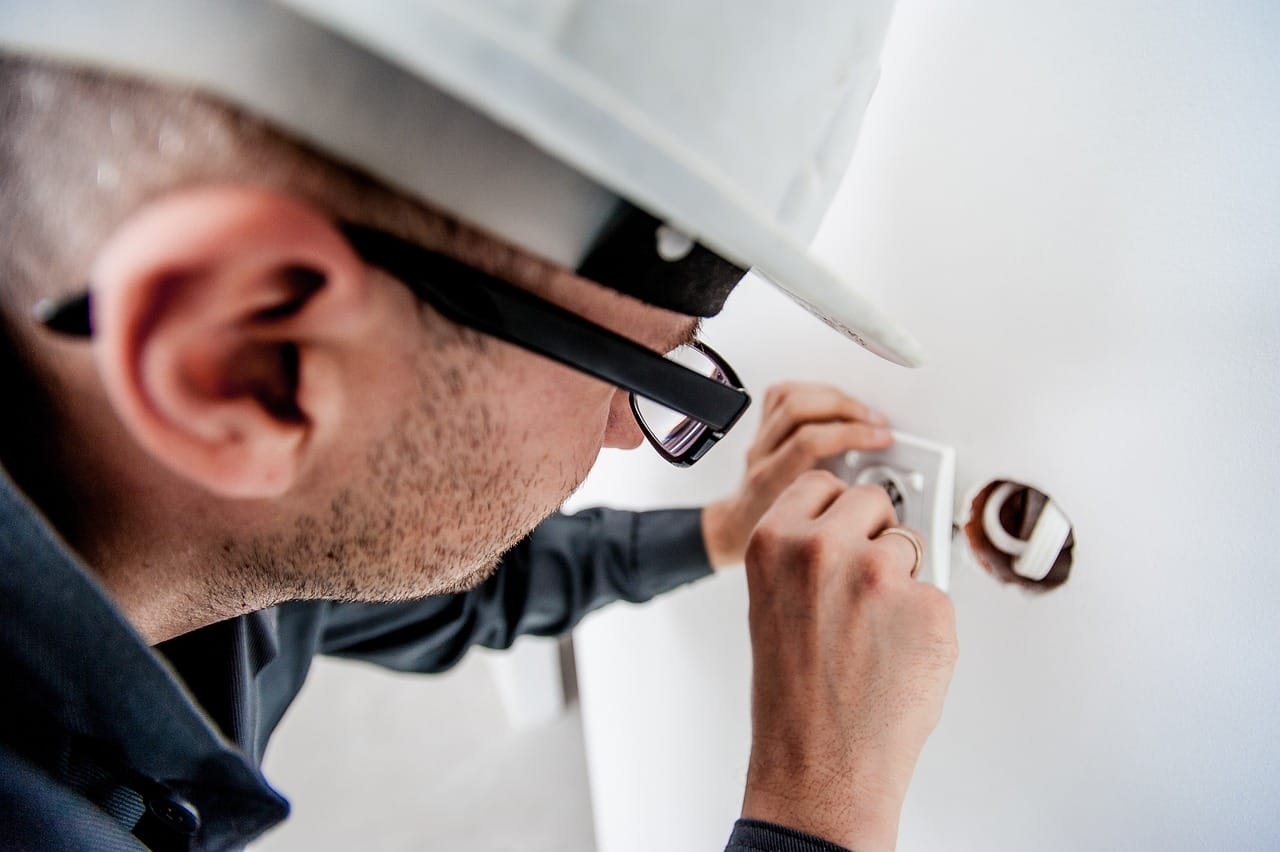Skilled trades, including professionals like HVAC technicians, electricians, carpenters, and plumbers, are undergoing significant changes.
With rapid technological advancements and growing environmental concerns, these fields face a shifting economic landscape. For instance, changes in global supply chains impact material availability while digital innovations require new technical skills. Additionally, the increasing focus on sustainability means that adapting to eco-friendly practices becomes crucial.
In this changing economy, trade professionals must continually innovate to stay competitive.
Tech Transformations in Trade Skills
Technology is reshaping trade skills, integrating modern tools into everyday practices.
For instance, automation improves workflows by handling repetitive tasks, allowing skilled professionals to focus on complex issues that demand human creativity and judgment.
Several key technologies stand out:
· Virtual Reality. This provides immersive training environments for learning and skill enhancement without real-world hazards.
· Robotics. Robotic assistants can perform precision-based tasks like welding or painting – with the utmost accuracy.
· 3D Printing. This allows on-site production of custom parts, reducing dependency on external suppliers and speeding up projects.
· Artificial Intelligence. This optimizes decision-making processes by analyzing data patterns and predicting future needs efficiently.
These advancements prepare tradespeople to embrace an innovative future where traditional roles evolve alongside cutting-edge technologies for enhanced productivity.
The Evolution of Trade Skills Training in the Digital Age
Trade skills training is evolving rapidly in the digital age. Online platforms provide access to courses and resources, making learning more accessible than ever before.
And HVAC and CDL training programs, for instance, are increasingly utilizing virtual simulations to give students hands-on experience without the associated risks or costs of physical setups.
Instructors now often integrate interactive tools like AR for realistic practice sessions that mirror on-the-job scenarios closely. Additionally, digital portfolios help trainees showcase their competencies to potential employers efficiently.
As technology becomes embedded in education, skilled workers will adapt by embracing continuous learning opportunities that enhance both technical proficiency and adaptability in a fast-changing economy driven by innovation and technological advancements.
Emerging Eco-Friendly Materials and Their Impact on Trade Skills
Eco-friendly materials are transforming how trade professionals approach their work. From sustainable lumber to recycled metals, these resources drive innovation across industries like construction and manufacturing.
Tradespeople now need to familiarize themselves with green certifications and environmentally-conscious techniques.
Carpenters find themselves choosing bamboo or reclaimed wood over traditional hardwoods for durability with reduced environmental impact. And plumbers increasingly install low-flow fixtures that conserve water while maintaining performance standards. This shift requires ongoing education to understand the properties and applications of new materials fully.
Embracing eco-friendly practices not only meets consumer demand but also aligns tradespeople with global sustainability goals, fostering a market advantage as green building becomes the norm in many sectors worldwide.
The Influence of Global Supply Chain Changes on Skilled Trades
Global supply chain dynamics significantly affect skilled trades, reshaping how professionals source materials and complete projects. Fluctuations in availability prompt trade workers to adapt by seeking local alternatives or developing versatile skills for broader material applications.
Electricians, for instance, might need to find substitutes when key components face delays. And carpenters often explore different wood types due to import constraints. Additionally, technology aids in forecasting disruptions, allowing tradespeople to plan proactively.
Emphasizing resourcefulness becomes crucial as tradespeople navigate these complexities efficiently and cost-effectively. Understanding global trends equips skilled workers with the foresight necessary to adjust practices and maintain project timelines amid ever-evolving economic landscapes.
Sustainability Practices Gaining Ground Among Tradespeople
Craftspeople are increasingly embracing sustainability, integrating eco-conscious practices into their daily work. By adopting methods like waste reduction and energy-efficient processes, they can minimize environmental impacts while maintaining quality craftsmanship.
For example, plumbers can incorporate sustainable solutions such as greywater systems to reduce water waste in residential and commercial settings. And electricians can install smart home technologies that optimize energy usage for homeowners seeking greener alternatives. Plus, carpenters can source reclaimed materials or utilize modular construction techniques that lower carbon footprints significantly.
These shifts reflect a growing consumer demand for environmentally-friendly options across various trades.
Final Thoughts
As the economy evolves, skilled trades adapt through technology, sustainable practices, and innovative training.
Trade professionals who embrace change position themselves for success in this dynamic landscape. By staying informed and flexible, they can meet future challenges head-on and continue thriving in an ever-changing market environment.




